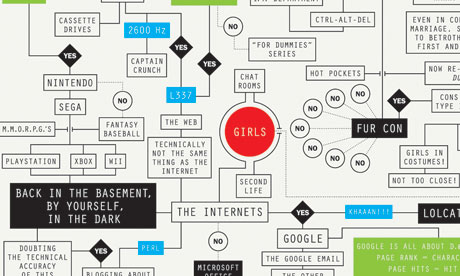
The result of most of these experiments is fruitful, and Lil gives birth to four or five children (depending, as Oly would say, if you are counting heads or bottoms), each of which have a number of traits a “norm” would see as being freakish and grotesque. This freak show, according to Crystal Lil, Al’s wife and lab rat, offered a longterm solution to the decline of the family business and secured their children a profitable future: “What greater gift could you offer … than an inherent ability to earn a living just by being themselves?” (7).Īl sets to work mixing various cocktails of illegal and prescription drugs, radioisotopes, and insecticides that he feeds to Lil when pregnant.


Al was, as his adoring daughter, Olympia (“Oly”) narrates, a “standard-issue Yankee,” whose genius in the moment of crisis revealed itself: “He decided to build his own freak show” (7). After a period in which profits drop and performers start to abandon the carnival, Aloysius (“Al”) Binewski, the family’s patriarch, arrives at an ingenious way to keep “Binewski’s Carnival Fabulon” alive and running. At the centre of her novel is the Binewski family, which runs a travelling carnival around the United States of America. I can see why they and other readers are struck by the narrative, given how Dunn focuses our attention upon the intricate lives of those whom we often loathe because they are deemed “abnormal” or “deviant” within an able-bodied context.

Dunn’s novel is one that has been recommended to me a number of times from within the disability community. More than other books I have recently acquired, I wanted so much to enjoy Katherine Dunn’s Geek Love.


 0 kommentar(er)
0 kommentar(er)
